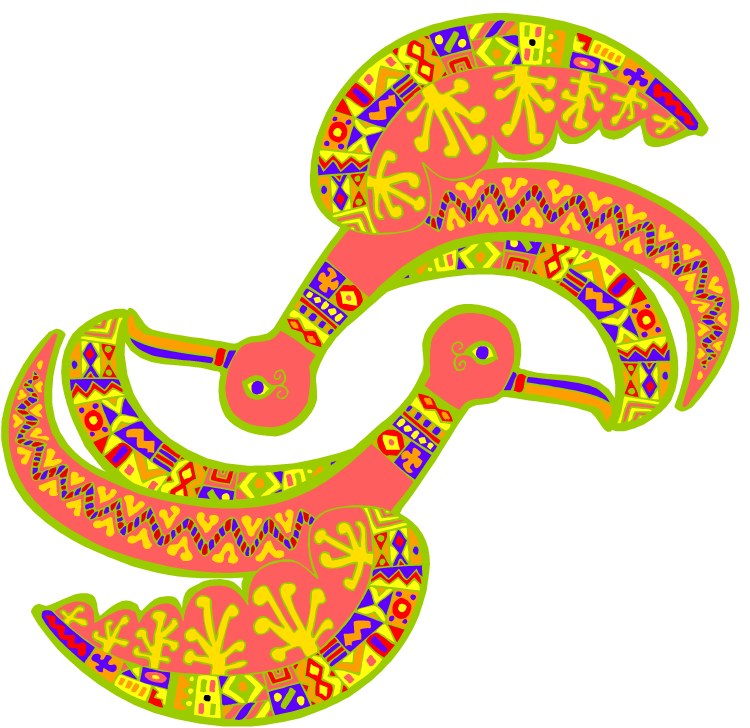Letting Go of Anger
 May 12, 2009
May 12, 2009 We often hear that anger left unchecked will continue to grow regardless of time. With each new lifetime in which we meet, we will intuitively "recognize" each other. We have all experienced this when we have met someone we just didn't like, or may even feel hatred for. This is an enmity that has been allowed to grow over past encounters. We know that if it not stopped somehow, it will continue to get worse with every future encounter.
So how do we stop it from getting worse?
We "let go." We let go of the wish to argue. We let go of the desire to prove we are right. We let go of the judging, condescending, anger, and hatred. If this person wants to argue, we let them and do not argue back. If the person wants to prove how right he or she is and how wrong we are, we let go of the desire to prove otherwise. And yes, ultimately, if the person wants to kill us, we let them and we let go hatred and retaliatory thoughts.
How on earth can we do this?
Start with the small things first. The ultimate example above is for high level practitioners. Most of us aren't anywhere near there yet.
So we start with something manageable. For example, the person at work or somewhere we frequent often who always manages to upset us. The next time the possibility of an argument arises don’t argue. (And remember that most of the things we argue about are not really that important.) Don't get pulled in by force of habit. Let go of negative thoughts about the person. Keep telling yourself this is a karmic relationship. The person has come to collect a karmic debt you owe.
Your goal is to repay it and not enable it to increase. Increasing it is what has prolonged it over time. For example, we became angry with the person and yelled at her in a past lifetime. But we overdid it. We didn’t know we had because we can’t see the past. In our overdoing, we added to the karmic debt we owe them. Think of it as the principle and we just added some interest to it. Now, when we can understand what is happening, we need to whittle down those karmic debts and hopefully completely repay them.
How?
By not arguing. As they give us a hard time and we do not fight back, we are repaying our debt. By arguing we would make things worse. But with our not fighting back, the other person will gradually feel a sense of satisfaction that they are winning the argument with us. This will in time reduce their wish for further retaliation. If we are sincere enough in this process, we may even touch them with our attempt to not make things worse than they are. This holds the possibility of their letting go of their own anger sooner.
How do we not argue?
With patience. We are patient in the face of adversity. We understand the person arguing with us is providing us with an opportunity to perfect our patience—a practice of bodhisattvas. With patience, our mind remains calm and we are not disturbed. As we repay our debt to them through patience, we elevate our level of practice. So as difficult as it may seem, we should be grateful to this person for helping us improve.
How high can this practice go?
In the Buddha’s last lifetime, before he was born in our world 2600 years ago, he was brutally and unjustifiably murdered. But he perfected his patience and never felt anger or and even the merest negative thought. Indeed, as the Buddha was dying, he vowed that the man who ordered his death would be his, the Buddha's, first student after enlightenment. And in thus perfecting his patience, the bodhisattva destined himself to become a Buddha in his next lifetime.
So the next time you feel anger begin to arise, check it and resume your practice of patience. Let go of the anger and come just one tiny step closer to living the perfection of a Buddha.
 Anger
Anger 